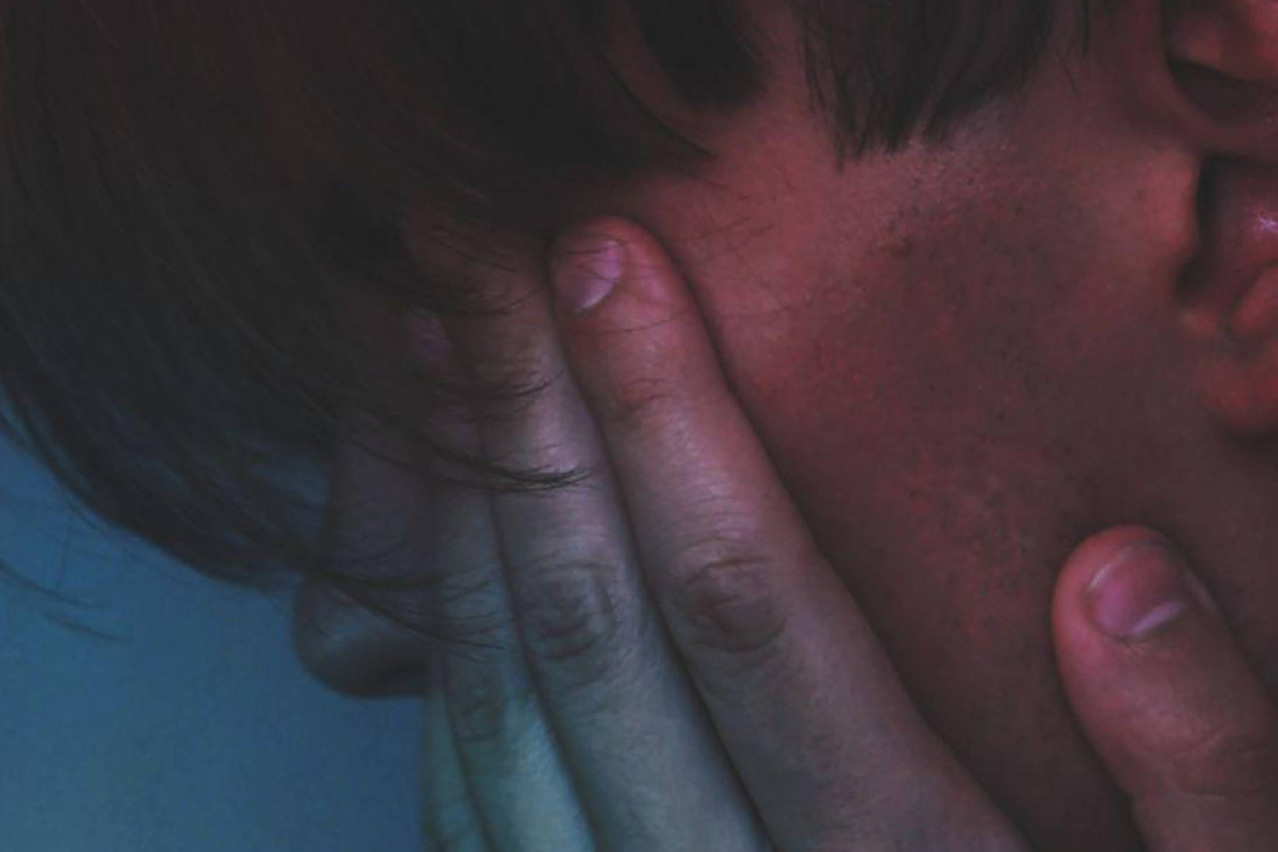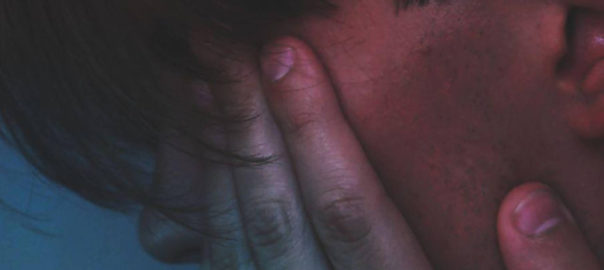Yes.. And no.
We are going to dispel some popular opinions which aren’t grounded in evidence.
Too much screen time is a definite problem for the eyes. But contrary to popular belief, blue light from screens isn’t as evil as it’s made out to be.
What Is Blue Light?
It’s just a colour in the visible light spectrum of light ( remember VIBGYOR rainbow colours?). There are many colours involved but blue light has an important role to play in the animal and plant kingdoms. The main source of blue light is the Sunlight.
Other smaller sources are televisions, fluorescent and LED light bulbs, smartphones, tablets and laptops.
Too much exposure to blue light can cause blurry vision, eyestrain, macular degeneration, and cataracts.
But there’s a catch! Read on.

How is blue light harmful to the eyes?
-
Causes Eye strain & Dry Eye:
Your screen time is important here.The more you stare at that screen, the more likely that you have Dry eye. This basically means your eyes aren’t moist enough- either due to excessive evaporation of tears or because of incomplete blinking. But this is more from staring at screens, not the blue light alone. -
Macular degeneration:
Too much blue light can damage light-sensitive cells in the retina. This can cause macular degeneration later in life and in turn, also lead to permanent vision loss. It’s important to remember that the blue light studied in macular degeneration is from the Sun and the contribution from devices is still debated. -
Post cataract surgery:
If you have cataract or if you’re about to get cataract surgery, ask your surgeon about the type of IOL used to replace your cloudy natural lens.
Not all blue light is bad…
Essentially, blue light is not evil.
Light therapy has been used to treat seasonal affective disorder, a type of depression which is usually caused by lack of sunlight seasonally.
Too much blue light at night can cause sleepless nights & daytime fatigue. Whereas, in the daytime, it may help in setting their circadian rhythm, which is the body’s natural wakefulness and sleep cycle.

So blue light filters won’t save my eyes?
Just using blue light filters without altering other risk factors- such as excess screen use in Dry Eye or Eye strain- are unlikely to help. Read below!
What’s the deal with blue light filters?
The use of blue light filters, blue light filtering lenses and coatings on specs is on the rise although there is no clinically proven benefit of using these glasses for screen time only.
People who are outdoors a lot should consider investing in a pair of good quality sunglasses to reduce UV light exposure. Excessive exposure to Sunlight has a definite role in Age-related Macular Degeneration ( AMD) & cataract.
Turning on the blue light filters in your devices makes it a little more comfortable to view and may mess your circadian rhythm a bit less- although scientists aren’t yet sure if this will actually save your eyes from damage.
In short, cut out excess screen time and invest in a good pair of sunglasses!








 Call us
Call us Email us
Email us





